Minorities call for assurance of safety from Indian government
Fear among minorities in India has grown over last few years, though ruling BJP party denies allegations
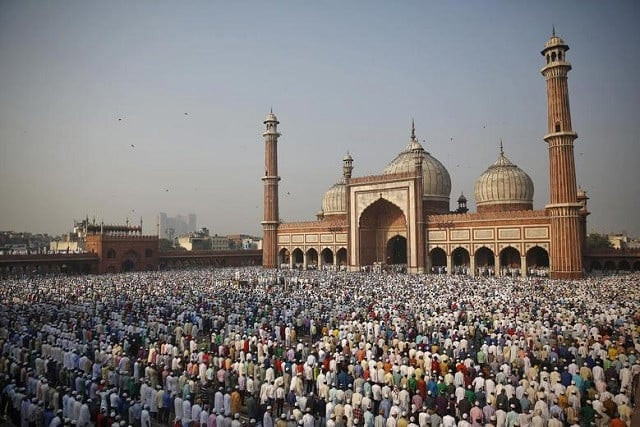
The Indian government must take steps to ensure a safe environment for minorities in the country, community leaders say.
On Minorities Rights Day in India, which is being observed Saturday, representatives of minority communities also allege that the government has failed to bring an end to attacks on minorities.
According to the last census held in 2011, the number of minorities in the country is about 19.3% of the total population. Of late, there has been an increase in attacks against minorities in India, especially Muslims.
"There are many forces that are anti-minority, and now particularly religious minorities are facing a threat. Organizations and individuals are being threatened by Hindutva groups, and the problem is aggravating. The unusual thing now is (such) attacks are no longer considered a crime. Rather, it has become a norm," Niyaz Farooqui, secretary of Jamiat Ulama-i-Hind, India's largest socio-religious Muslim organization, told Anadolu Agency.
"The authorities are not acting very tough against these groups, and that is why we are seeing the situation is aggravating," Farooqui said, adding: "There is fear among other minorities as well. Even Dalits (who are at the bottom of the Hindu caste system) are facing a tough time, as well."
Elias Vaz, vice president of the All India Catholic Union, a federation of Catholic associations in the country, said a "very small number of people are trying to disturb the nation's social fabric.”
"They are trying to disturb the idea of India because of their selfish reasons for power. The nation will overcome all these glitches that we are facing at this moment," he told Anadolu Agency.
"India is a country with diversity, so everyone has their own space in the nation and it is built upon various diverse cultures. Now it is a very small number of people who are trying to disturb the idea for everybody."
In October, three nonprofit groups released a report stating that over 300 incidents of violence targeting the Christian community were reported this year.
Vaz further noted that in many places, the government has failed to fulfill its duty to protect minorities.
"I think it is a temporary thing. India has survived in the past, and it will survive as a nation," he said.
Rising fear
Many leaders in the country also say that over the years, fear among minorities has increased.
"The fear among minorities over the years has increased. They (government) are not taking steps, apparently because of the vote bank. The Indian government needs to look at all the people equally," Prem Singh Chandumajra, a senior leader of Shiromani Akali Dal, a Sikh-focused political party in India, told Anadolu Agency.
According to a February 2021 report by Human Rights Watch, "prejudices embedded in the government of the ruling Hindu nationalist Bharatiya Janata Party (BJP) have infiltrated independent institutions ... empowering nationalist groups to threaten, harass and attack religious minorities with impunity."
The ruling BJP, however, has rejected the allegations and claims to be protecting the rights of all citizens and minorities.
Community representatives also say that the majority of the people who do not want such things to continue should raise their voices against these incidents.
"The 90% of the people in India who are not supporting this have to wake up and make the government understand that -- dividing in the name of religion is not in the interest of the nation," said Viz.
Niyaz Farooqui also agrees.
"The government must perform its duty in the interest of our country to protect the minorities. I think to get the advantage in the electoral battles, they are not taking action which is required," he said.
'Minorites totally safe'
While India's Minister for Minority Affairs Shri Mukhtar Abbas Naqvi was not available for comment, the chairman of the government-setup National Commission for Minorities, Iqbal Singh Lalpura, told Anadolu Agency that minorities are safe in the country.
"They are totally safe in India, and no atrocities are being committed. But of course, there are certain complaints which we are receiving of discrimination, in property or in jobs ... we are addressing them," he said.
Lalpura also accepts that there are some incidents which "take place on the basis of religion."
"But we are trying to organize interfaith coordination committees so that we can talk to each other and we can sort out the matters. We are working on it," he said.



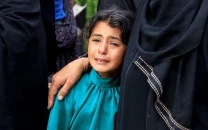
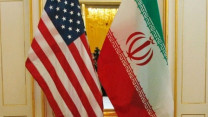
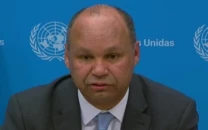
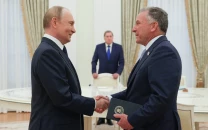












COMMENTS
Comments are moderated and generally will be posted if they are on-topic and not abusive.
For more information, please see our Comments FAQ